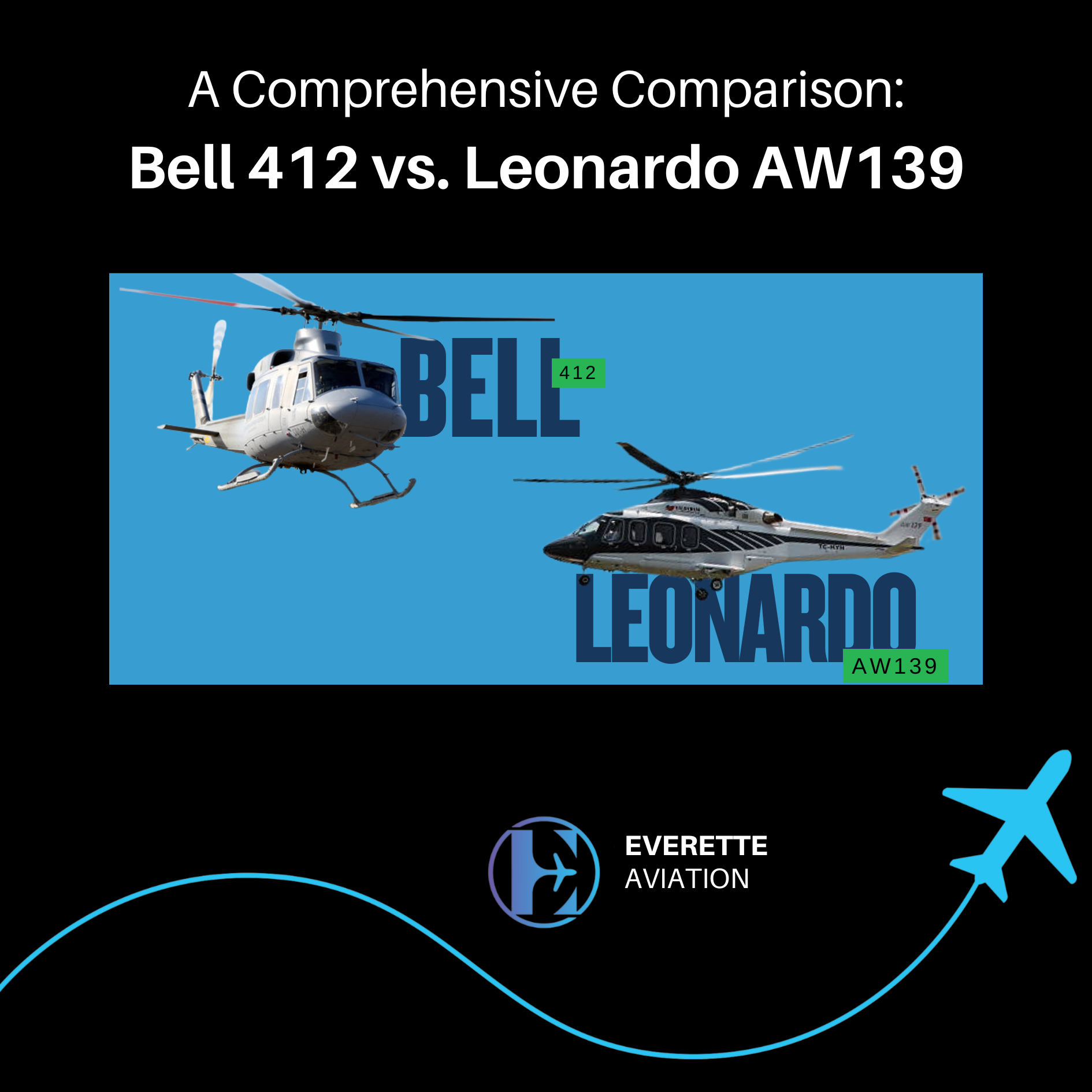The value of business aircraft, such as corporate jets, is subject to various market trends and factors that can influence both their resale and overall market health.

The overall economic health of a region or country can have a significant impact on the demand for business aircraft. During periods of economic growth, businesses may be more willing to invest in private aviation for corporate travel, potentially increasing the demand and values of business aircraft.
Advances in aviation technology, including more fuel-efficient engines, improved avionics, and enhanced cabin features, can make newer business aircraft more attractive to buyers and potentially drive up their values. Buyers often seek out the latest technologies and features for safety, efficiency, and comfort.
Business aircraft must adhere to aviation safety and environmental regulations. Aircraft that meet the latest regulatory requirements, such as emissions standards and noise restrictions, may command higher values as they have fewer limitations on where they can operate.
The demand for specific business aircraft models can vary. Factors like range, passenger capacity, and cabin amenities can drive demand for certain aircraft types. Manufacturers that produce popular models with high demand may see their resale values remain strong.
The availability and pricing of pre-owned business aircraft can significantly affect the market. A well-maintained and low-hour pre-owned aircraft can attract buyers looking for cost-effective options, potentially impacting the values of new and older models.
The operational costs associated with owning and operating a business aircraft, including maintenance, fuel, and insurance, can influence its value. More fuel-efficient and cost-effective aircraft may hold their value better.
External factors like pandemics, geopolitical events, and natural disasters can impact business aviation. The COVID-19 pandemic, for instance, led to disruptions in corporate travel and a temporary decrease in demand for business aircraft. After a brief slow down in demand the business aircraft market demand skyrocketed due to the fact that businesses still needed to travel and could no longer rely on the airlines.
Growing environmental concerns may lead to increased interest in eco-friendly and sustainable aviation options. Manufacturers that offer greener alternatives may find their aircraft more appealing to buyers.
Access to financing and prevailing interest rates can influence the affordability and demand for business aircraft. Low-interest rates can make financing more attractive and potentially boost demand.
Fractional ownership, charter, and shared ownership models can impact the demand for business aircraft. These alternative ownership structures can offer cost savings and flexibility and may affect the values of individual aircraft.
It’s essential for those involved in the business aviation industry, including buyers, sellers, operators, and investors, to stay informed about these market trends and factors. Conducting thorough market research, considering operational costs, and assessing the specific needs of potential buyers are key steps in determining the value of business aircraft in a dynamic market. Additionally, working with experts in the field, such as aircraft appraisers and brokers, can provide valuable insights into current market conditions and aircraft valuations.








